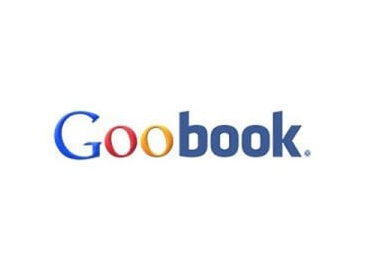Facebook and FreeTV Australia draw battle lines over ACCC digital platforms inquiry
The battle lines between the media industry and online services in the Australian Consumer and Competition Commission’s inquiry into digital platforms have become clearer, with FreeTV Australia and Facebook releasing details of their submissions to the investigation.
Industry body FreeTV will urge greater regulatory oversight of the online platforms to level the playing field with established media operators. Meanwhile, Facebook paints a positive picture of the service’s benefits for advertisers, publishers and users while describing what it claims are threats to its business model.



Ha – Free TV crying over questionable data sources. Please…have they not read OzTam audience measurement collections methods? 5,250 sample homes from 8.42 million households – yeah, sure….
Keyword “Extrapolate” covers all manner of sins.